The Sociology of Elite Distinction: From Theoretical to Comparative Perspectives
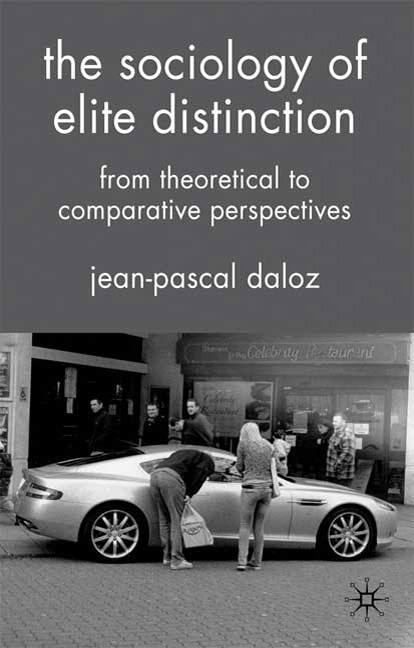 by Jean-Pascal Daloz
by Jean-Pascal Daloz
And Now for Something Completely Different . . .
This book is so different from anything we normally review here that a preamble seems necessary. Yes, this book addresses issues related to transportation, but in an indirect and circumstantial way. But we know our readers to be intelligent and curious, and not afraid to look in the mirror: if you, dear reader, have a private plane, your own railroad car (don’t laugh!) a speedboat, an expensive car, this book is talking about you!
You drive a $150,000+ car? (That’s an Aston on the cover.) You are—in sociological and marketing terms—a member of an elite. Deal with it. You may not care, but the people who want to sell you stuff do. As do the people whose job it is to dissect the world and every stirring in it. As do the people in the street who see you step out of your shiny Big Name car in your shiny bespoke shoes, immaculately coiffed, and lighting a cigar with a $50 bill. They may not want to consciously process the image that imprints itself on their minds but they do. And that’s pretty much what this book is about: the assumptions, clichés, or outright intentional statements you the buyer make with your toys specifically to elicit a particular response from the world around you, and that you the beholder make about the people who flash their bling.
“Let me tell you about the very rich. They are different from you and me.” So sayeth F. Scott Fitzgerald in his short story The Rich Boy (1926).
Are they? And if so, how? and why? Obvious questions—without obvious answers. The very first sentence in Daloz’s book is the key to it: “One sometimes ends up writing the books for which one has vainly searched.” Now, if an author who is a professional in this very field and who has worked on this particular subject for almost 30 years says that the literature is thin, we lay readers have to take that at face value.
With clinical detachment this book looks at all manifestations of CCD—Conspicuous Consumption Disorder. (There’s another form of CCD, closely related but outside the primary scope of this book’s investigation—Credit Card Debt!). From cars today and coaches yesteryear, to mansions and gourmet food to (perish the thought) trophy wives, everything that is a marker for or an expression of elite behavior is examined. This all happens in Part II, appropriately entitled “Key Manifestations,” whereas Part I examines some 16 different schools of thought. Realistically, unless you are a social scientist, Part I is going to require some determination to get through.
By this point in the review the reader will be ready to run out and buy the book (not cheap!). But, here’s the rub: it gives no answers, certainly no easy answers. The author’s aim is to describe the tools, models, theories and strategies that describe, quantify and analyze elite behavior, not to comment on or qualify it or discern its motives. No salacious tidbits here. For that you’d have to look to, say, the entirely unscientific but no less pertinent writings of a Lucius Beebe in The Big Spenders—who was a very pillar of the very café society he described with such acerbic relish (and he did travel in his own railroad car). What the book does do is challenge the dangers of simplifications and the inadequacy of the existing theories, showing their shortcomings in a diverse world of many societies populated by people with a multitude of values and social conditioning.
Even without easy answers, if the subject appeals to you and you have the mental discipline to absorb a bit of new vocabulary—this is, after all, a scientific book for an academic audience—you will find here long-lasting intellectual stimulation and a new appreciation that nothing is as simple as it seems.
Daloz is CNRS Senior Research Fellow at the University of Oxford, Professor at the University of Oslo, and Chair of the Research Committee on Comparative Sociology of the International Sociological Association. He has written extensively on social and political elites from various parts of the world; this is his 12th book.
The book ends with a cliffhanger: the study of how social elites differentiate themselves from others is in its infancy, the theoretical tools to describe it/them are insufficient, there is not yet a grand theory from which a systematic approach could spring, ergo much more work needs to be done. There are over 50 densely printed pages of notes and references, enough for many years of study. If you find the impetus for a whole new career here, remember you read it here first!
Copyright 2010, Sabu Advani (speedreaders.info).
Adapted from a review first written for the March/April 2010 issue of The Flying Lady, the periodical of the Rolls-Royce Owners’ Club (RROC/USA) which he edits.


 RSS Feed - Comments
RSS Feed - Comments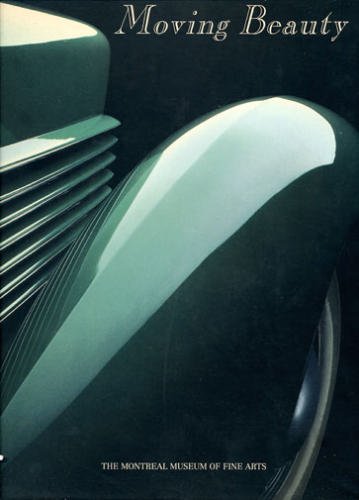


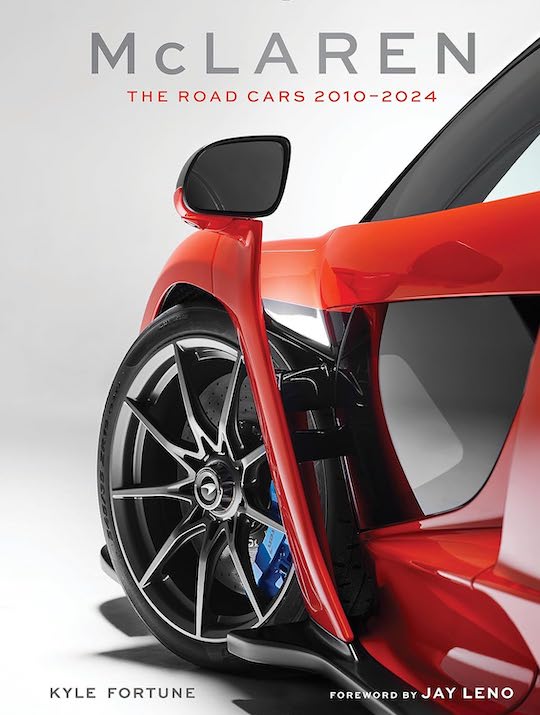



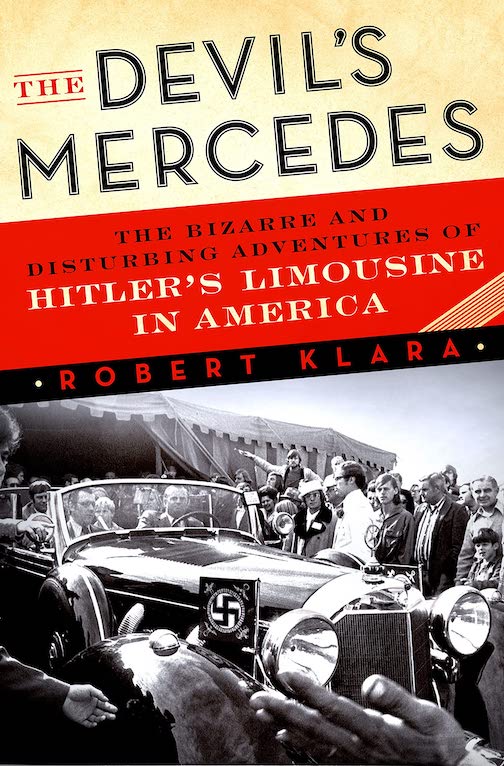
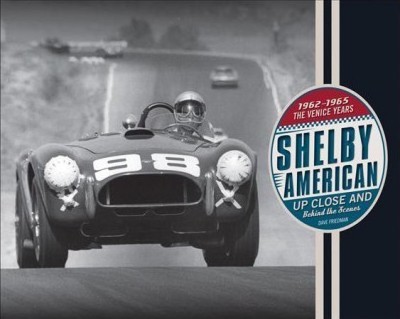
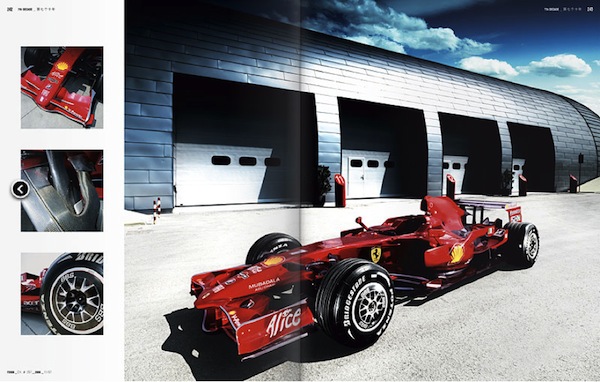






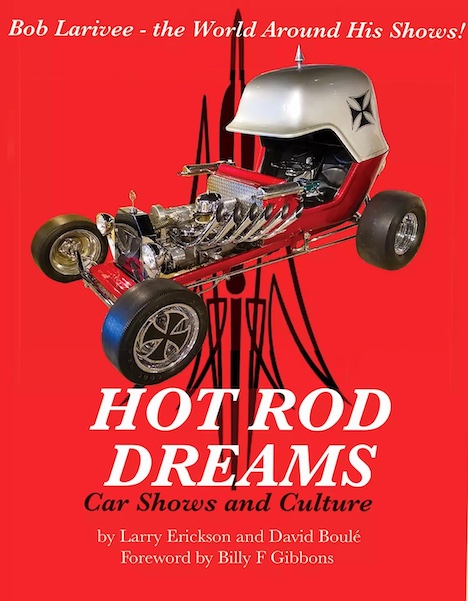

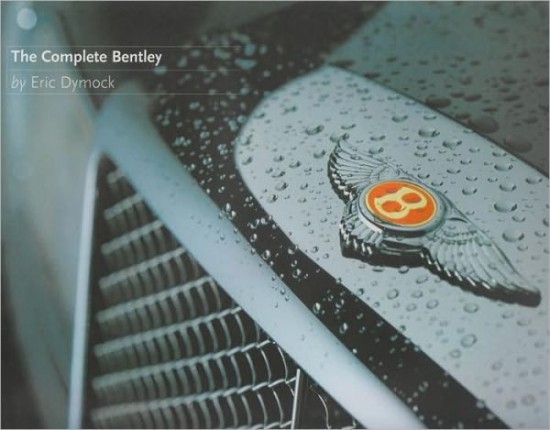
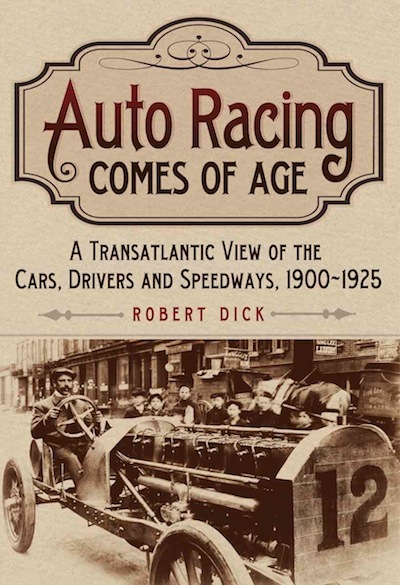




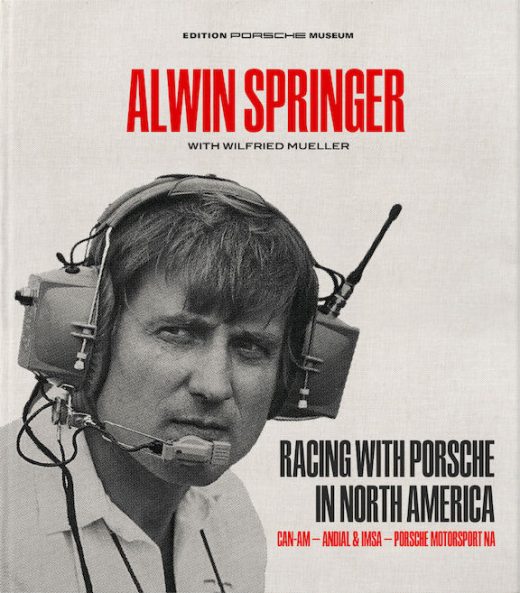





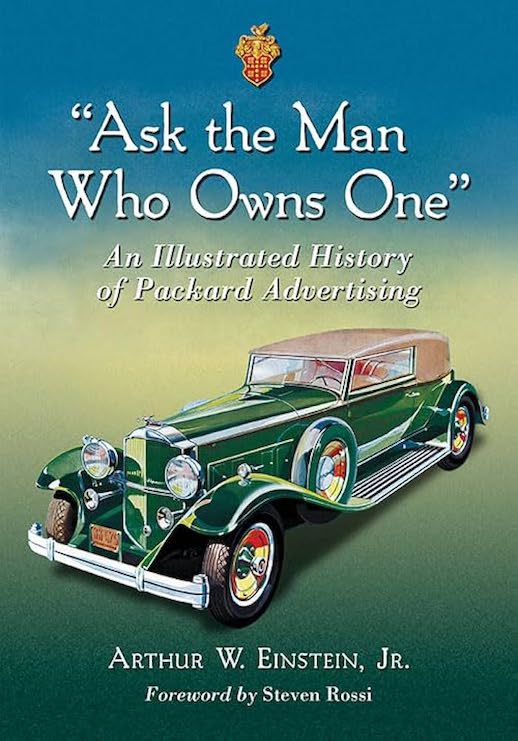














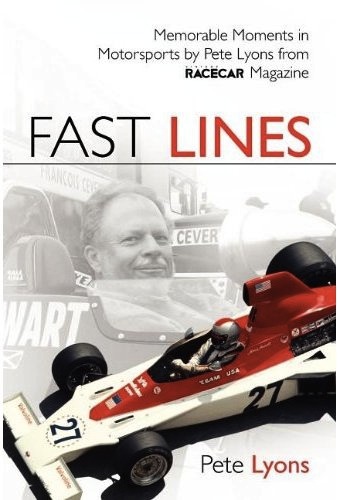








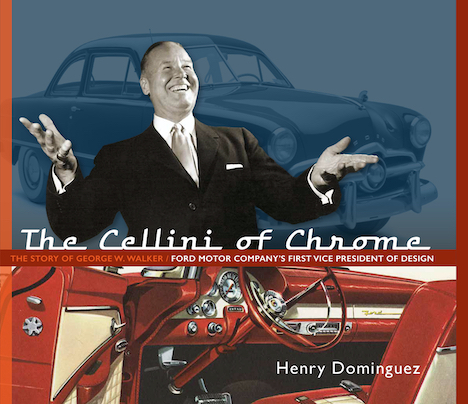

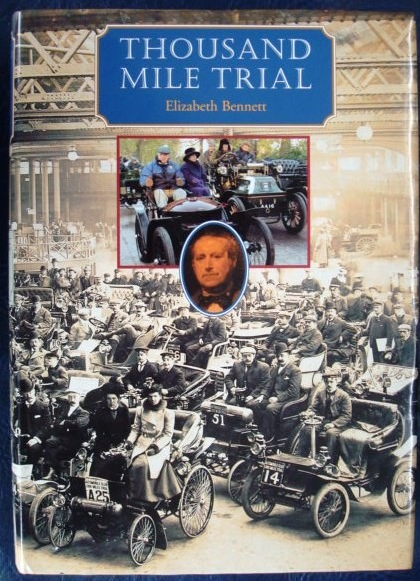
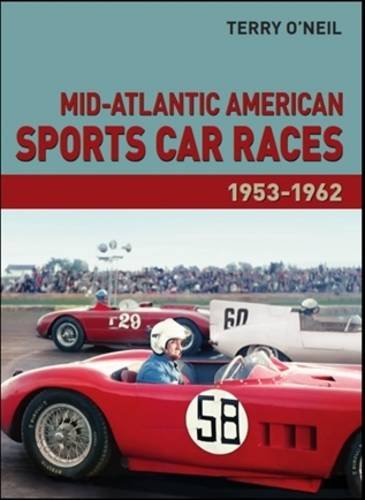




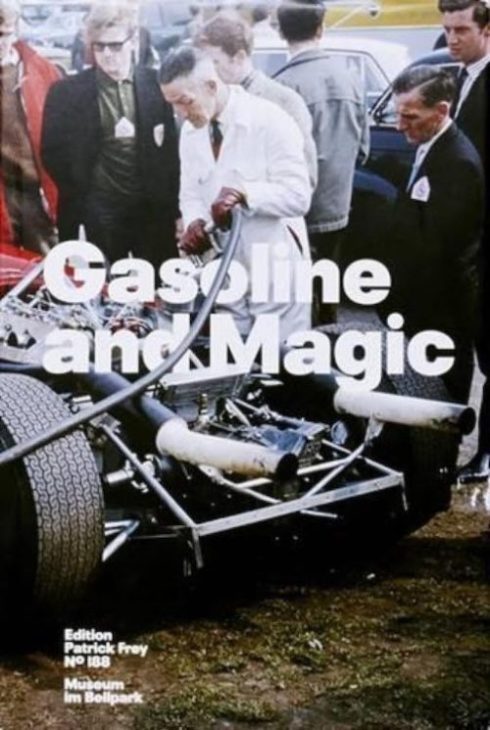

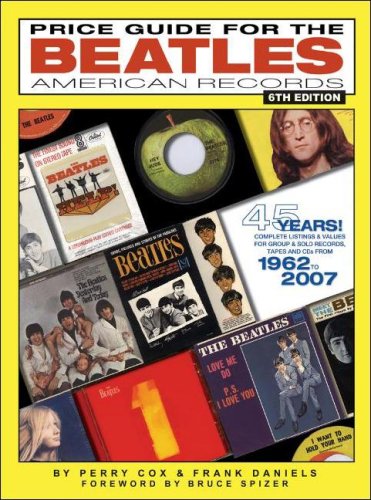

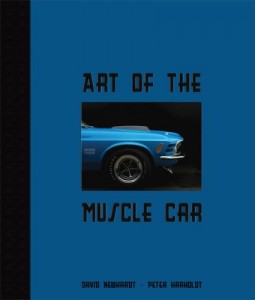


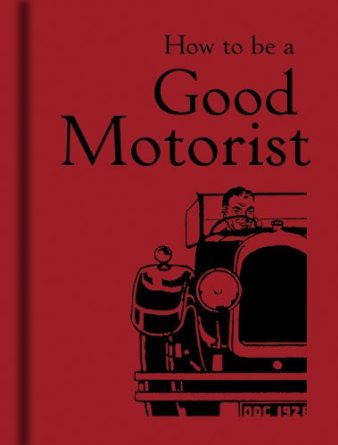

 Phone / Mail / Email
Phone / Mail / Email RSS Feed
RSS Feed Facebook
Facebook Twitter
Twitter